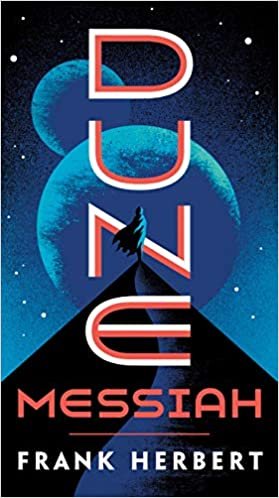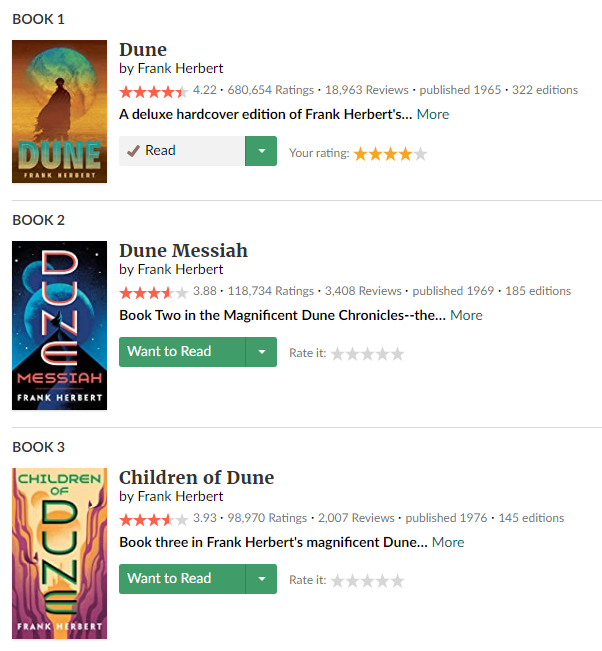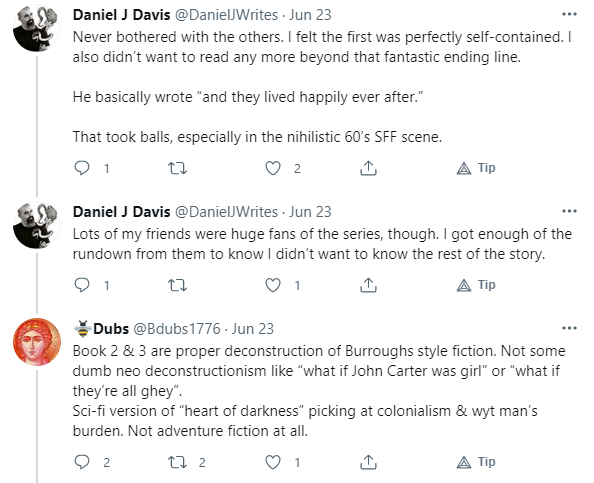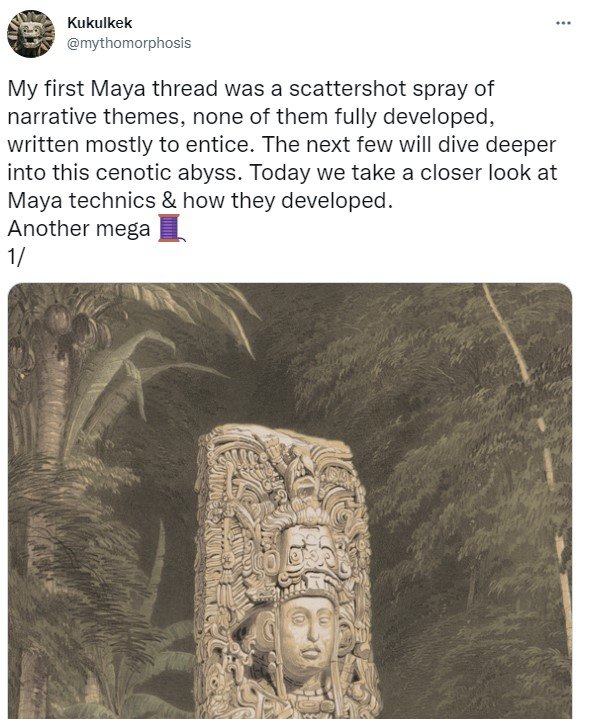Dune Messiah Book Review
Dune: Messiah is the fulfillment of everything that Frank Herbert set up in Dune, the nemesis that inevitably follows hubris. I can see why is it something of a let-down after the magnificent achievement of Dune. There is very little adventure in Messiah, which Herbert blended so skillfully with tragedy in his masterpiece first novel. Messiah is instead about catastrophe.

Being an author must sometimes be very frustrating. You try to make something obvious, and then everyone insists your book or your characters say otherwise. Frank loaded up Dune with hard hitting social commentary, but since everyone missed the point, Frank decided to just put his thesis up front.
In my review of Dune, I asserted that Paul lost his humanity becoming the Kwisatz Haderach. Frank apparently felt that he hadn’t made that clear enough, so he put this exchange at the very beginng of Messiah:
Q: Such heresy brought you to this cell!
A: I was brought to this cell by your Priests. As with all priests, you learned early to call the truth heresy.
Q: You are here because you dared to say that Paul Atreides lost something essential to his humanity before he could become Muad’Dib.
A: Not to speak of losing his father here in the Harkonnen war. Nor the death of Duncan Idaho, who sacrificed himself that Paul and the Lady Jessica could escape.
The historian in prison for the crime of lèse-majesté spells it out for those who missed the setup. But to really sink it in, Messiah is in many places simply boring. It is boring because Paul’s life is boring. He is hemmed in by his role, by his bureaucracy, by the worship of his followers, by the wiles and treachery of his political wife. Paul got everything he wanted and he hates it.

I think the reader scores from Goodreads that I used in my post on What Readers Like reflect what I have described. Messiah is a great book. It is not a fun book, and not everybody is in this for the Great Conversation.

Dune and it’s sequels function as the antithesis to Edgar Rice Burroughs’ John Carter of Mars. Both are popular bestsellers that at least superficially involve an offworlder falling in love with a powerful local’s daughter and then conquering the world with her by his side. Burroughs is pure escapist adventure. Herbert’s version is indeed a science fiction version of Conrad’s Heart of Darkness.
I would argue the synthesis is found in something like Jerry Pournelle’s Janissaries. Another book involving an offworlder who falls in love with a local princess. Jerry combined the adventure and escapism of Burroughs with the historical and political realism that Herbert added to the Great Conversation. I don’t think Janissaries ever sold as well as Jerry’s real breakthrough bestseller The Mote in God’s Eye, so perhaps there is a better example that matches the reach of the first two books.
The differences between A Princess of Mars and Dune go deeper than this. Burroughs, when mentioned all at now, is accused of writing boys’ adventure. There is some truth in this, although I doubt that those casting this slur have bothered to plumb the depths of boys’ adventure novels. Burroughs was writing to the Argosy-style all ages standard of the time, which allowed for a wide variety of stories in one volume. Although not every writes of that time was so circumspect.
Other than the fashionable nudism of Mars, Burroughs’ work had romance but no sex, and the violence was intense but not graphic. Fifty years later, Frank Herbert’s book is, well, frank about sex, although I wouldn’t rate it as pornographic in the way that some sixties scifi is. The foundation of the galactic economy on psychedelic drugs is far more reflective of Herbert’s time than Burroughs’.
But what probably would have been more outre than the sex and drugs was the modernist theology of Dune:
Herbert, an ex-Catholic, published Dune in 1965, the concluding year of the Second Vatican Council, during which a progressive spirit of reform was unleashed within the Church. A school of liberal theology dubbed “modernism” that had been suppressed by conservative popes during the previous century was resurrected in a new generation of neo-modernist theologians who took the guiding reins of the Council. Their aim was, in the words of the excommunicated modernist priest Alfred Loisy, “to adapt Catholicism to the intellectual, moral, and social needs of today.”
The six Dune novels are a product of this zeitgeist. Herbert used his science fiction to capture the modernist, existentialist theology dominant in the 1960s and to project its consequences onto the far future. It is a future in which truth is subjective and religion is a tool disconnected from spiritual reality. There, dogma evolves and adapts to the needs of the material world, and the gene replaces the soul.
Messiah takes everything that was implicit in Dune and makes it explicit. I’m not quite sure the rest of the review I quoted here really gets Dune, insofar as the review cites things as desirable that I think Herbert meant to be seen as a tragic catastrophe, but I do think the author correctly identifies the way in which science fiction has a tendency to be extremely influenced by current trends, despite the pretensions of its writers and fans.
What is truly astonishing to me is the way in which Frank managed to describe a truly alien society. For all that I think you can successfully trace the trends of the time in the Dune books, the society described feels as foreign to me as the Mayans do.

The people of Paul Muad’Dib’s empire do things for reasons that make perfect sense to them, but feel strange to me. For that, I think we should recognize Frank Herbert’s achievement, even if it makes his Dune sequels a less fun read for many.
I however, think this is a great book, and I look forward to the even trippier things I have heard are coming.



Comments ()